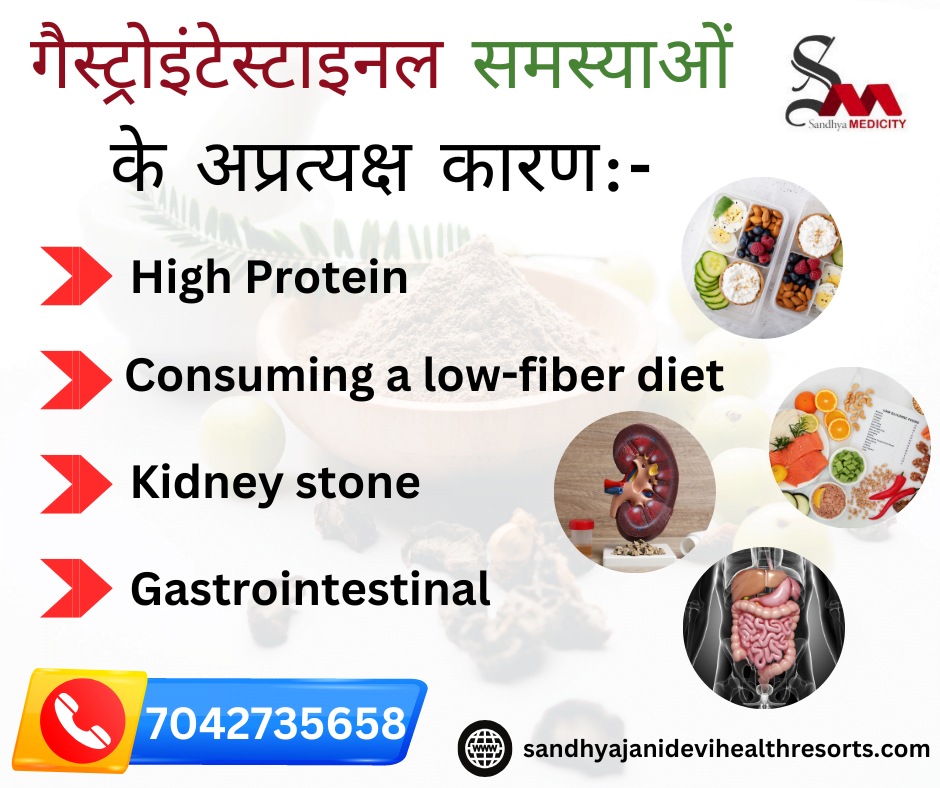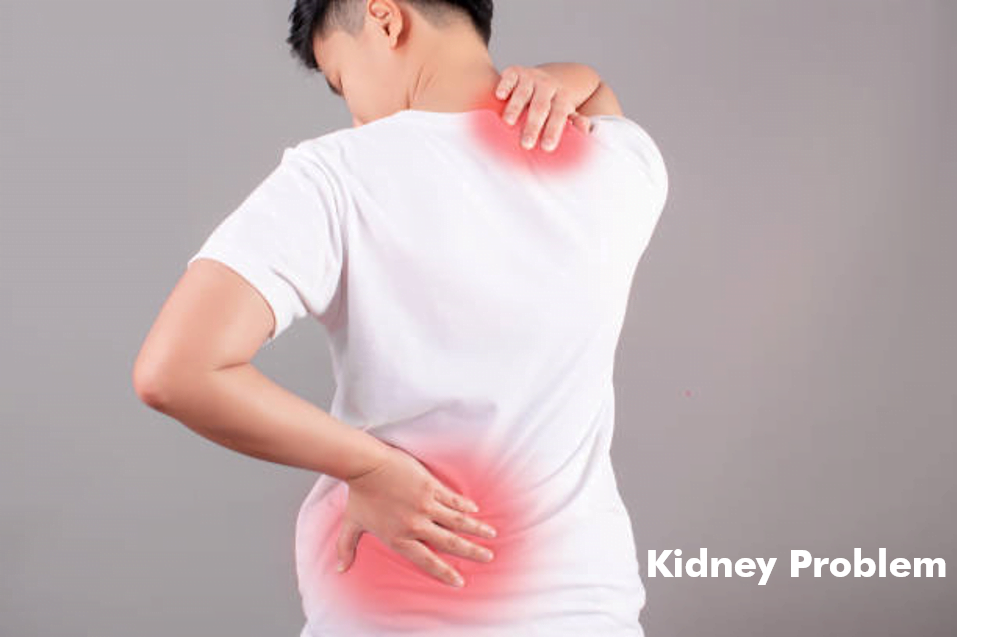we have an interesting topic to discuss – “Do kidney stones cause gas” The connection between kidney stones and gastrointestinal problems has long been a subject of speculation and confusion.
Understanding kidney stones
To understand the possible connection between kidney stones and gas, it is necessary to first familiarize yourself with kidney stones. Kidney stones are small, hard mineral and salt deposits that form in the kidneys.
They are often made of calcium oxalate, uric acid, or other substances found in urine. Kidney stones can vary in size and shape and can be incredibly painful when they obstruct the urinary tract.
Gastrointestinal tract
Before discussing whether kidney stones cause gas, let us briefly understand how the gastrointestinal tract works. The gastrointestinal tract encompasses our digestive system including the stomach, intestines and colon.
Gas is a common byproduct of digestion in the gastrointestinal tract, usually resulting from the breakdown of undigested food, swallowed air, or the activity of intestinal bacteria.
Common Symptoms of Kidney Stones
Kidney stones are notorious for causing excruciating pain in the lower back, abdomen or side – a symptom known as renal colic.
However, the symptoms associated with kidney stones are usually limited to urinary difficulties, such as frequent urination, blood in the urine, or a burning sensation when urinating. These symptoms do not directly point to a connection between kidney stones and gas.
Medical studies on kidney stones and gastrointestinal symptoms
Several scientific studies have attempted to investigate the relationship between kidney stones and gastrointestinal symptoms, including gas.
A study published in the Journal of Urology found that only a small percentage of patients with kidney stones experienced abdominal bloating or excessive gas during the passage of the stone. These symptoms also were not consistently associated with kidney stones.

Indirect causes of gastrointestinal problems
While direct evidence of a connection between kidney stones and gas is scarce, there are several indirect factors that may contribute to gastrointestinal problems in individuals with kidney stones.
First, certain dietary preferences, such as consuming a high-protein or low-fiber diet, can increase the likelihood of kidney stones and gastrointestinal problems such as bloating and gas. Second, medications prescribed to treat kidney stones, including pain relievers and diuretics, can have side effects that affect gastrointestinal function.
Kidney stone treatment and management of gastrointestinal symptoms
If you are experiencing gas along with kidney stones, it is important to seek medical advice. Treatment of kidney stones usually involves pain management, increasing fluid intake and, in some cases, a procedure to break up or remove the stone.
Additionally, your healthcare provider may recommend dietary modifications and medications to reduce gastrointestinal symptoms.
Conclusion:-
Although there is no established direct link between kidney stones and gas, there are some indirect factors that may contribute to gastrointestinal problems in individuals with kidney stones.
It appears that the correlation lies in dietary habits, medication side effects, and overall lifestyle choices, rather than the stones themselves. As always, it is important to consult a health care professional for a proper diagnosis and individualized treatment plan.


